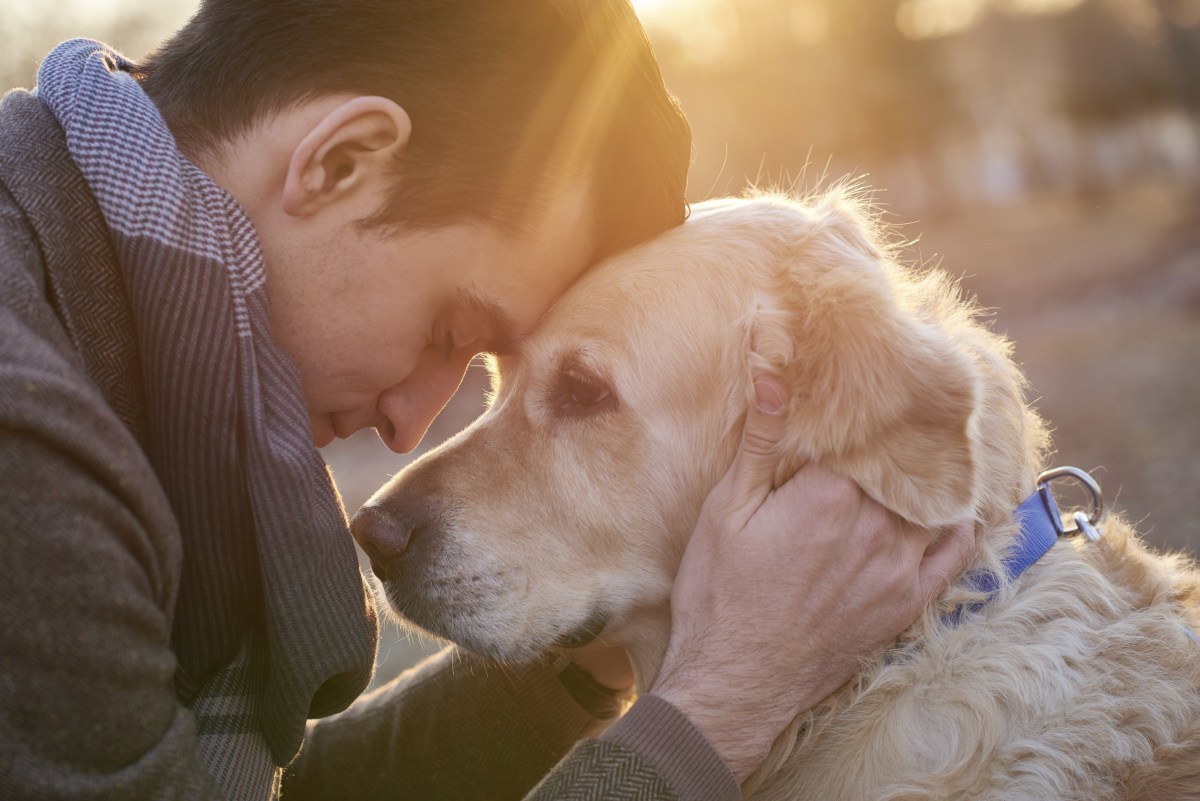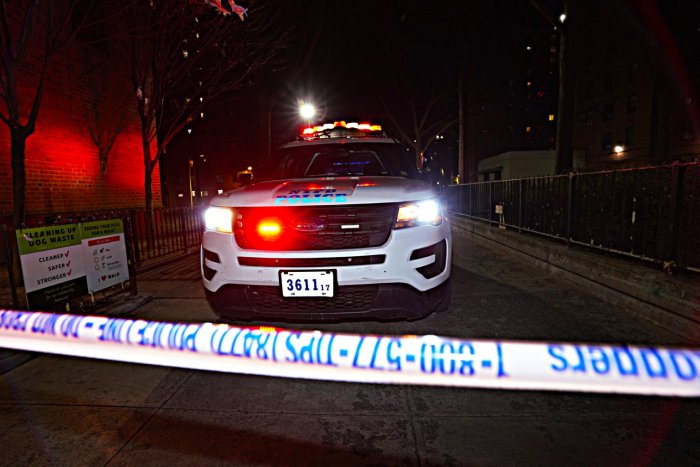SUBMITTED BY NORTH SHORE ANIMAL LEAGUE
Is your dog anxious? The answer is virtually any dog will at some time show some anxiety. However, some dogs have extreme anxiety that is triggered when the guardian leaves. This is called “Separation Anxiety”. Whether your dog has severe anxiety or not, it is important to try to make your dog as happy as possible.
Signs of Separation Anxiety:
- Does your dog whine, cry or pace when you go to leave the house or when you come home?
- Can your dog let you out of his sight when you are home or does he follow you around and become anxious if he cannot see you?
- Does your dog constantly whine and bark when you are not home?
- Does your dog scratch at the door when you are not home or only become destructive when you are not around?
If you answered yes to any of these questions, your dog will benefit from these suggestions. If your dog has not shown any of these signs, they can still benefit.
- First, you do not want to do anything that will reinforce anxiety. If you act calmly in situations, your dog will be more likely to act calmly.
- When entering or leaving the house, do not make a big deal. Totally ignore the dog. You need to act like nothing happened. Your dog will take the cue from you not to get over-excited. Dogs learn by association.
- Simulate situations that would make your dog think you are leaving. For example: put on your coat, grab the car keys, etc. Be nonchalant about it.
- When your dog does not react to these cues, go out the door and come back quickly. Repeat this over and over. Think about your individual dog and what he can handle. All dogs learn at different paces. Be creative! Think of what gets your dog anxious and work on steps to get them through it.
Remember: the key is to have successful interactions with your dog. Be patient and do not expect them to change right away. Do not go too fast to more difficult steps unless your dog is totally comfortable.
These are suggestions that can help with any dog. Basic obedience training is very important to give dogs with anxiety structure and confidence. If they are taught appropriate behaviors, they will know how to get attention in a calm manner. For example, the “sit” and the “down” commands help dogs relax. The stay command builds up the duration they can learn to focus when you leave a room, for example. You will then be able to praise your dog more often and both you and your dog will be happier. Remember: if your dog is anxious there is a lot you can do to help your dog.
To learn more about keeping your pets safe and healthy at all times, visit animalleague.org.



































